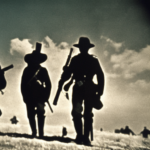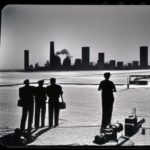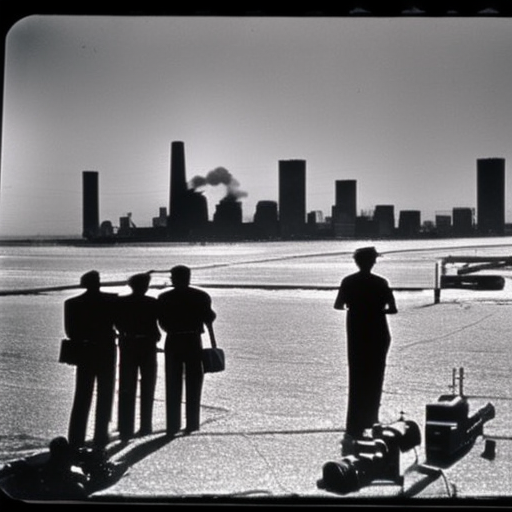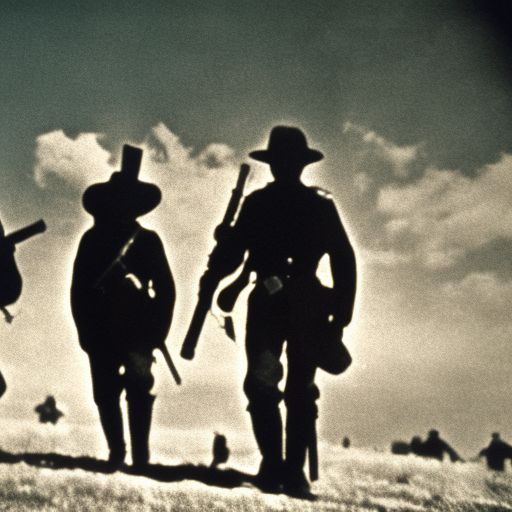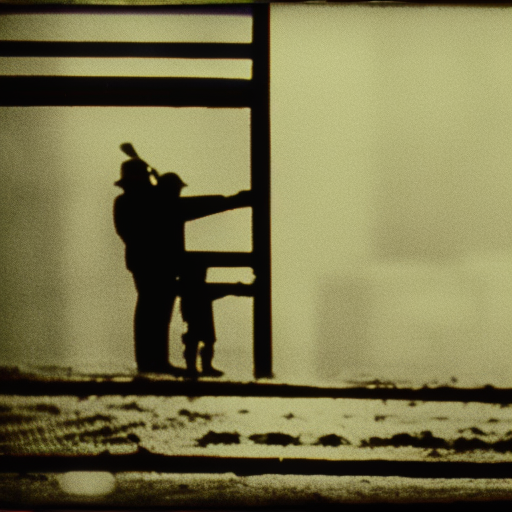The Iran-Contra Affair (1980s)
The Iran-Contra Affair was a political scandal that occurred during the 1980s in the United States. It involved the secret sale of weapons to Iran, an embargoed country, and the use of the proceeds to fund anti-Sandinista rebels in Nicaragua, known as the Contras. The affair was a complex web of covert operations, illegal activities, and political maneuvering that had significant implications for both domestic and foreign policy.
Background
In the 1980s, the United States was facing two major challenges in the Middle East and Central America. In the Middle East, the Iran-Iraq War was raging, and the Reagan administration sought to prevent the spread of communism in Central America, particularly in Nicaragua. The Reagan administration had a policy of supporting anti-communist forces around the world, and this policy played a significant role in the events that unfolded.
Arms for Hostages
The first part of the Iran-Contra Affair involved the secret sale of weapons to Iran. The Reagan administration hoped to secure the release of American hostages held in Lebanon by Iranian-backed groups. In exchange for the weapons, the Iranians were supposed to use their influence to secure the release of the hostages. However, this plan did not go as intended, and the hostages were not immediately released.
Diverting Funds to the Contras
The second part of the Iran-Contra Affair involved the diversion of funds from the arms sales to Iran to support the Contras in Nicaragua. The Reagan administration had been prohibited by Congress from providing direct military aid to the Contras, who were fighting against the Sandinista government. In an effort to circumvent this restriction, members of the administration, including National Security Council (NSC) staff, devised a plan to use the proceeds from the arms sales to fund the Contras.
Illegal Activities and Congressional Investigation
The actions taken by the Reagan administration in the Iran-Contra Affair were illegal and violated both U.S. law and international agreements. The sale of weapons to Iran violated the U.S. arms embargo, and the diversion of funds to the Contras violated the Boland Amendment, which prohibited U.S. government support for the Contras.
The Iran-Contra Affair came to light in 1986 when a Lebanese newspaper exposed the secret arms sales to Iran. This revelation led to a series of investigations by Congress and the appointment of an independent counsel, Lawrence Walsh, to investigate the affair. The investigations revealed a complex network of individuals and organizations involved in the illegal activities, including members of the NSC, the CIA, and private individuals.
Consequences and Legacy
The Iran-Contra Affair had significant consequences for the Reagan administration and U.S. foreign policy. Several high-ranking officials, including National Security Advisor John Poindexter and NSC staff member Oliver North, were indicted and convicted for their roles in the affair. However, their convictions were later overturned on appeal.
The affair also damaged the reputation of the Reagan administration and raised questions about the extent of presidential knowledge and involvement. President Reagan denied any knowledge of the illegal activities, and an independent commission, known as the Tower Commission, concluded that he had been “out of the loop” on key decisions.
The Iran-Contra Affair also had broader implications for U.S. foreign policy. It highlighted the dangers of covert operations and the need for greater oversight and accountability. It also raised questions about the ethics and legality of using secret funds to support anti-communist forces around the world.
In conclusion, the Iran-Contra Affair was a complex and controversial political scandal that occurred during the 1980s. It involved the secret sale of weapons to Iran and the diversion of funds to support the Contras in Nicaragua. The affair exposed illegal activities, damaged the reputation of the Reagan administration, and raised questions about U.S. foreign policy. It remains a significant event in U.S. history and serves as a reminder of the importance of transparency and accountability in government.

